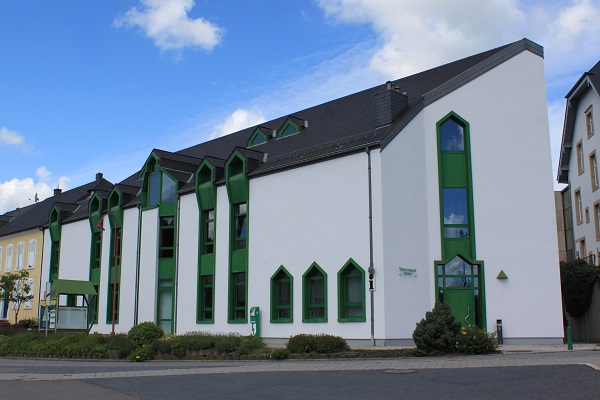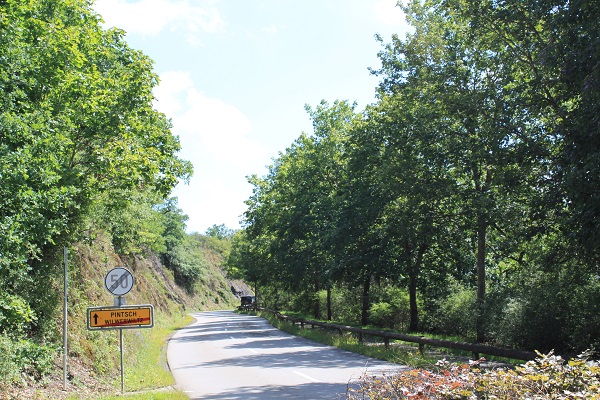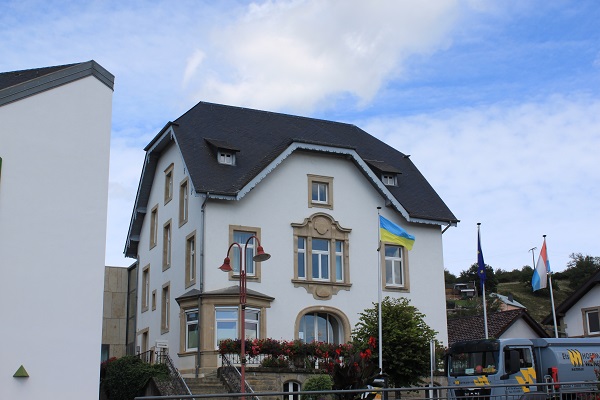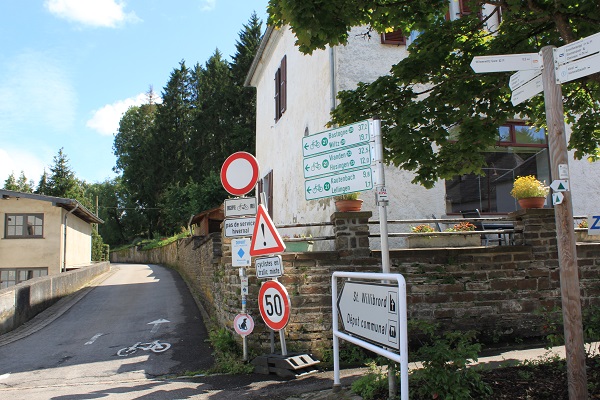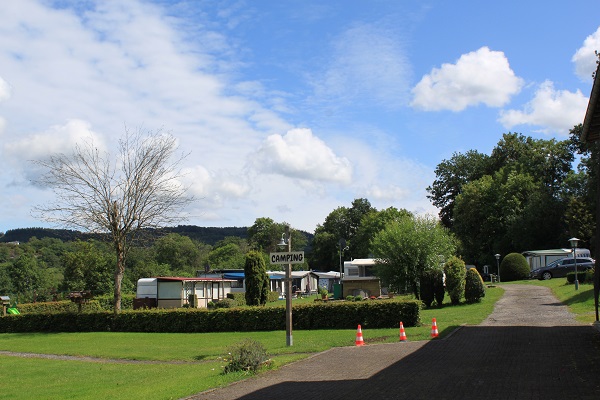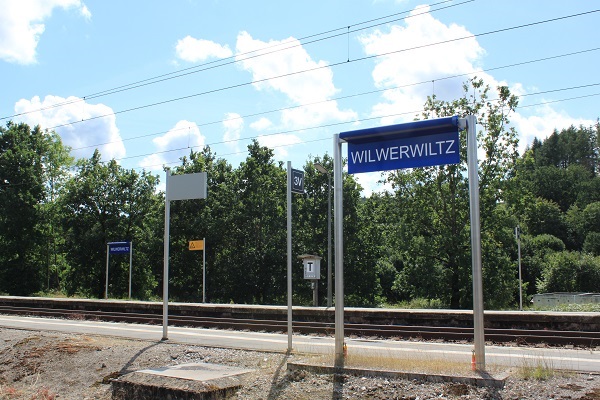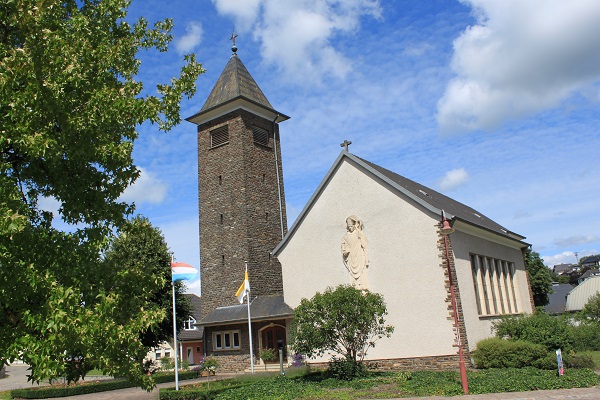 Wilwerwiltz Church;
Credit: Otilia Dragan, Chronicle.lu
Wilwerwiltz Church;
Credit: Otilia Dragan, Chronicle.lu
Throughout August, Chronicle.lu will be shining a spotlight on various villages across the Grand Duchy; the focus is mainly on some of the (perhaps) lesser-known villages with particular points of interest or an interesting history (e.g. cultural and/or industrial heritage).
The next article in this series is dedicated to Wilwerwiltz, a village in the municipality of Kiischpelt in northern Luxembourg (Canton Wiltz) with a population of about 260. Until 2006, Wilwerwiltz was a municipality, after which it merged with the municipality of Kautenbach to create Kiischpelt. Today, Wilwerwiltz (Wëlwerwolz in Luxembourgish) is the administrative centre and the main locality of Kiischpelt.
The train station in Wilwerwiltz is central to the village and allows both domestic and international travel correspondence.
On the cycle path leading from Wilwerwiltz to Lellingen, visitors can discover a well in the small chapel dedicated to Saint Willibrord, an Anglo-Saxon missionary who became the first Bishop of Utrecht and established the Benedictine Abbey in Echternach (Luxembourg), where he died in 739. This area is a popular hiking location in Luxembourg - Chronicle.lu recently witnessed a group of around 20 hikers and multiple cyclists on-site. According to a local legend, Saint Willibrord hit the ground with his staff on this spot and this well emerged. The village church is also dedicated to Saint Willibrord. In 2010, the church received a historical organ from the former Dominican convent of Luxembourg-Limpertsberg.
A quiet campsite, called Camping Saint-Willibrord, located close to a river, is also available close by and offers many walking trails in the nearby forests. Swimming in the river is allowed and there is also a restaurant in the area.
An annual street art festival, the Open Air Konstfestival, brings together artists, sculptors, photographers and musicians for a lively day in which the surrounding area turns into a sort of live “competition” museum. Open houses showcase various types of art and there are also master classes and child-friendly shows and activities on the agenda.
Another nearby yearly event is a recreational beach volleyball tournament, which takes place next to the village of Wilwerwiltz and which celebrated its 20th anniversary this year from 4 to 6 August 2023.
In 2001, the “Sproochenhaus” (language house) at number 3 An Aasselbach in Wilwerwiltz was created from the European Bureau for Lesser-Used Languages (EBLUL), the EBLUL-Lux asbl and the Luxembourg committee for less prevalent languages (Comité luxembourgeois pour les langues moins répandues). This house was where the Luxembourgish writer (best-known for his plays), Max Goergen, retired with his wife Aline Jacoby in 1957, later named “Haus Max Goergen”. Aline Jacoby’s nephew, Lucien Jacoby, who inherited the house, was said to have taken care of it and its collection of an estimated 32,000 books. After his death in 1999, the house was donated to the non-profit organisation. The building was classified as a national monument in 2010.

